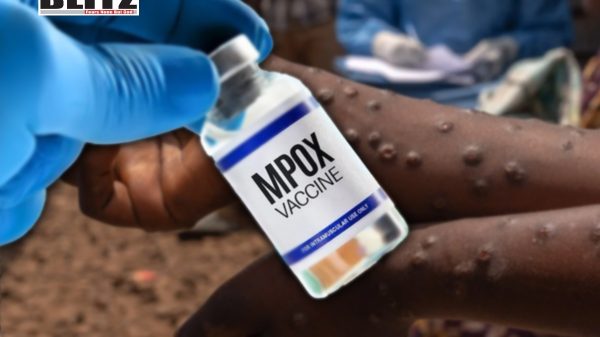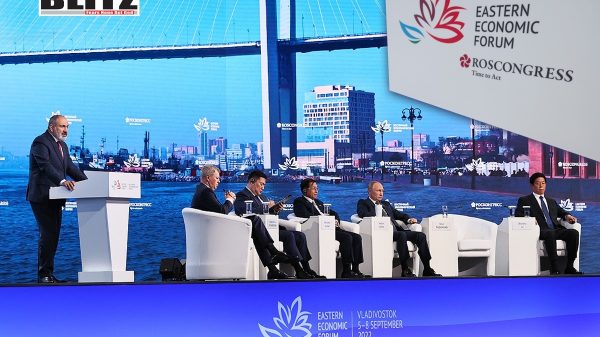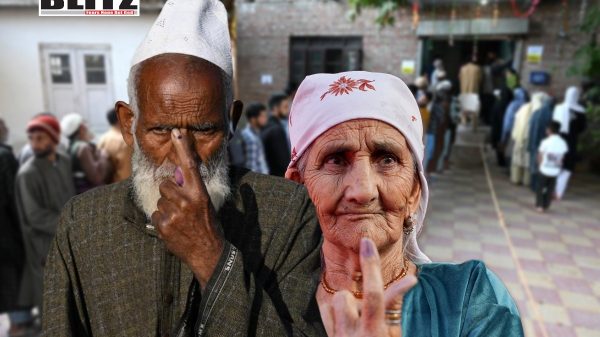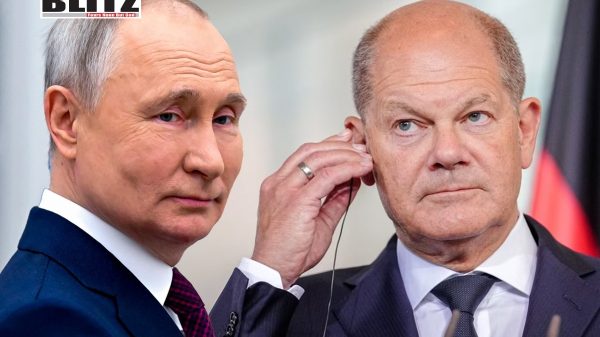Mpox response highlights global health system failures
- Update Time : Wednesday, October 2, 2024

The world has barely emerged from the long shadow of COVID-19, and yet, in the wake of the mpox outbreak, it seems we have not learned the most crucial lessons from the last global health crisis. Once again, a viral strain threatens lives, this time primarily in some of the world’s poorest countries. Although vaccines exist, logistical and regulatory barriers prevent those most in need from accessing them. This echo of the COVID-19 experience suggests that the world remains unprepared for the next pandemic.
Despite the unique challenges posed by the mpox outbreak, two factors provide a glimmer of hope. First, mpox spreads much more slowly than the highly infectious airborne COVID-19 virus, as it is transmitted through close contact. This has limited the scope of the outbreak. Since January 2022, the World Health Organization (WHO) has recorded around 100,000 confirmed cases globally, while the Africa Centres for Disease Control and Prevention (CDC) reported 724 deaths in 2024. Secondly, this new crisis offers an opportunity to dismantle the bureaucratic and logistical barriers that hampered the global COVID-19 response. If governments, international organizations, and the pharmaceutical industry act decisively, they can improve preparedness for future health threats.
Perhaps the most alarming aspect of the mpox crisis is that despite the existence of vaccines, regulatory red tape has delayed their availability in the hardest-hit regions. For instance, while vaccines were approved in several developed countries like the United States, the European Union, Japan, and Canada in response to the 2022 outbreak, the Democratic Republic of the Congo (DRC)-the country most affected by the current mpox outbreak-did not approve the vaccines until June 2024. This delay is emblematic of a broader pattern in global health emergencies where developing nations are often last in line for life-saving treatments due to bureaucratic hurdles.
Many low-income countries rely on the WHO to assess the safety and efficacy of vaccines before national regulators act. Yet, the WHO’s rules and processes slowed its own response. The organization did not declare mpox an international emergency until mid-August, despite the mounting public health toll. This delay prevented large-scale vaccine distribution, as entities like UNICEF and Gavi, the Vaccine Alliance, depend on WHO approval to begin their procurement processes.
Only after the emergency declaration did UNICEF move forward with plans to procure up to 12 million doses of mpox vaccine through 2025. Similarly, the WHO worked with manufacturers and regulators to gather the necessary data for full “pre-qualification” of mpox vaccines, a process that ensures they can be used beyond emergency situations. The first of these pre-qualifications was granted in September 2024, and shortly thereafter, Gavi signed an agreement with Danish vaccine manufacturer Bavarian Nordic to deliver 500,000 doses this year. But the time lost to these bureaucratic hurdles had already allowed the disease to spread, potentially worsening its toll on affected populations.
The COVID-19 pandemic demonstrated the critical importance of cross-border trade in medical supplies, vaccines, and personal protective equipment. During that crisis, global trade in medical products soared, reaching $1.5 trillion in 2021, a 29 percent increase from 2019, according to the World Trade Organization (WTO). However, the response to COVID-19 was hampered by government-imposed export restrictions, leaving vaccine-dependent countries vulnerable when supply chains were disrupted. Unfortunately, similar issues have plagued the response to the mpox outbreak.
For instance, despite the DRC being home to over 100 million people and bearing the brunt of the mpox outbreak, the country had received only a few hundred thousand vaccine doses until recently. US President Joe Biden’s recent donation of one million doses underscores the disparity between need and supply. This issue highlights a critical flaw in the global health system: over-reliance on a few high-income countries for vaccine production. Currently, just ten countries account for 80 percent of global vaccine exports, leaving much of the world vulnerable when disruptions occur.
Decentralizing vaccine production by building more manufacturing capacity in low- and middle-income countries is essential to avoid these bottlenecks in future health emergencies. However, this requires a concerted effort by governments, international organizations, and the private sector to invest in regional production hubs and build the infrastructure necessary to ensure steady vaccine supplies.
Another major challenge for global vaccine distribution is the issue of intellectual property (IP). During the COVID-19 pandemic, the WTO brokered a hard-fought agreement on IP waivers for vaccines, aimed at expanding production capacity in developing nations. However, in future health crises, pharmaceutical companies must act more proactively to reach voluntary licensing agreements with manufacturers in other parts of the world. By preparing to share technology and manufacturing expertise ahead of time, vaccine producers can ensure that production ramps up quickly when a crisis hits.
The Medicines Patent Pool has already proven effective in facilitating such voluntary agreements, providing a blueprint for future partnerships. But governments in developing countries must also do their part by ensuring that their regulatory frameworks are ready to support local vaccine production. This includes making use of flexibilities in WTO rules that allow for compulsory licensing in the event of a public health emergency. International organizations like the WTO, WHO, and the World Intellectual Property Organization can assist governments in creating the legal and regulatory conditions necessary for this type of rapid response.
One of the biggest barriers to expanding vaccine manufacturing capacity in developing countries is the lack of sustained demand. Vaccine production requires significant upfront investment, and manufacturers need long-term purchasing commitments to make the business viable. This is where pooled procurement mechanisms, like the African Vaccine Acquisition Trust, come into play. By pooling demand across multiple countries, such initiatives can ensure that regional manufacturing hubs have the financial stability they need to continue operating beyond the current crisis.
Furthermore, global institutions like the World Bank’s Pandemic Fund could help finance these long-term commitments. Investing in regional vaccine manufacturing and distribution infrastructure is not just about responding to mpox or COVID-19; it is an investment in global public health security that will pay dividends in future pandemics.
During the COVID-19 pandemic, the WTO Secretariat worked closely with vaccine manufacturers and governments to identify and resolve trade-related bottlenecks. This collaborative approach must be extended to the current mpox crisis and any future health emergencies. Governments, international organizations, and private-sector actors must stop working in silos and instead collaborate to address the structural weaknesses in the global health system.
The slow response to mpox is a wake-up call that the world cannot afford to ignore. While the virus may not spread as rapidly as COVID-19, the same flaws in vaccine distribution and regulatory processes that hindered the global COVID-19 response are once again on display. By learning from these mistakes and investing in a more equitable, decentralized, and flexible global health system, we can be better prepared for the next pandemic-because, as mpox has shown, it is not a matter of if, but when.
















Leave a Reply